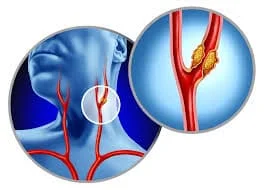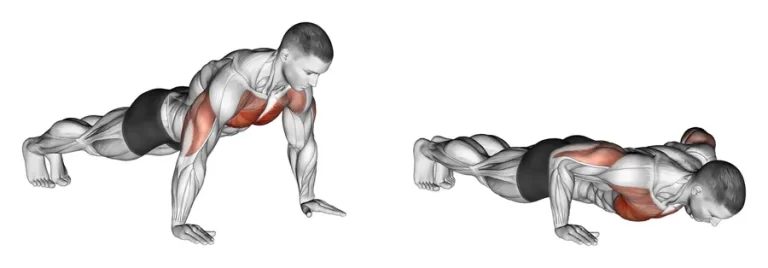Kapotasana (Pigeon Pose)
Pigeon Pose, also known as Kapotasana, is a heart-opening, deep backbend yoga pose that improves mental focus, spine strength, and flexibility. This is an advanced pose that calls for a mix of hip mobility, spine flexibility, and core and leg strength. What is Kapotasana (Pigeon Pose)? Kapotasana, sometimes referred to as Pigeon Pose, is a…









